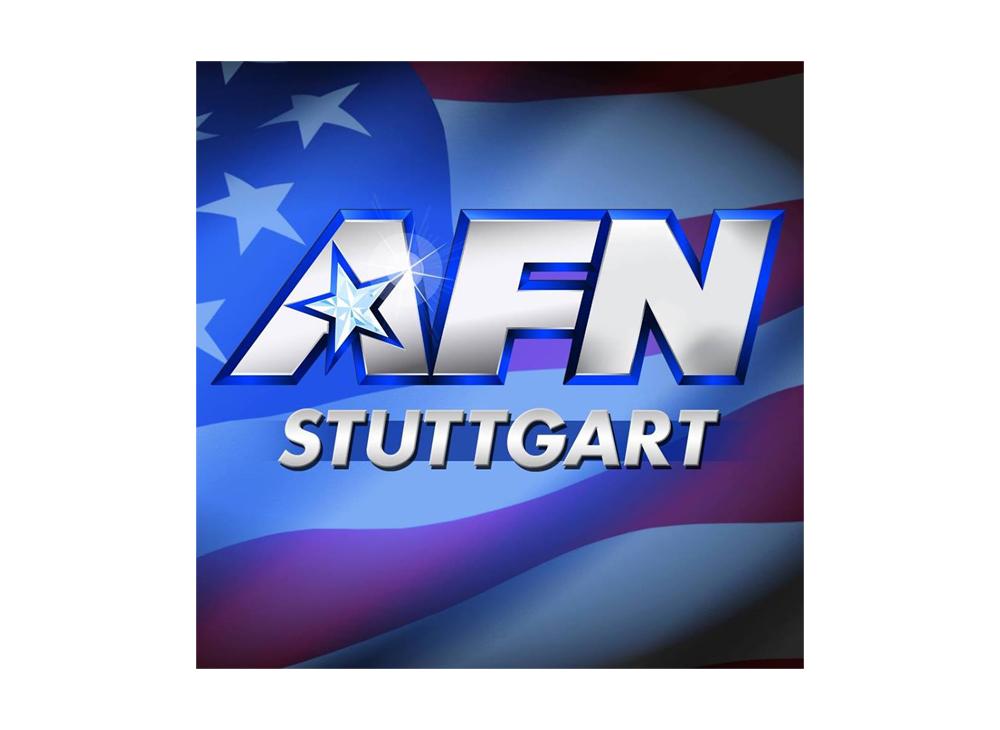Tensions have escalated between the Athletics Federation of Nigeria (AFN) and World Athletics following Nigeria’s unexpected absence from the recent World Relays. Both organizations have exchanged accusations over the reasons behind the miss, prompting widespread concern and debate within the athletics community. This development underscores ongoing challenges in the administration and coordination of Nigerian athletics on the global stage.
AFN and World Athletics Clash Over Nigeria’s World Relays Absence
The Athletics Federation of Nigeria (AFN) has publicly criticized World Athletics following Nigeria’s unexpected absence from the recent World Relays event. The AFN alleges that administrative oversights and last-minute communication failures from the global body contributed significantly to Nigeria missing out on a critical opportunity to showcase its relay teams on the world stage. The federation emphasized that despite internal preparedness and athlete readiness, the lack of timely accreditation details and logistical support disrupted their planned participation.
On the other hand, World Athletics has defended its position by attributing the absence to Nigeria’s delayed submission of necessary documentation and non-compliance with established deadlines. Officials argue that the federation’s failure to adhere to protocol left little room for accommodations, underscoring the importance of strict adherence to event timelines. The dispute highlights ongoing tensions between national bodies and international organizations over coordination and communication, raising concerns about the future participation of developing sports federations in global competitions.
- AFN stance: Cites external miscommunication as cause
- World Athletics stance: Points to AFN’s missed deadlines
- Impact: Nigeria’s athletes forced to miss international exposure
- Future Dialogue: Calls for improved coordination mechanisms
| Issue | AFN View | World Athletics View |
|---|---|---|
| Communication | Inadequate from World Athletics | Clear guidelines issued on time |
| Documentation | Submitted as required | Received late, unusable |
| Responsibility | World Athletics for poor coordination | AFN for procedural lapses |
Examining the Impact of Administrative Disputes on Nigerian Athletes’ Global Opportunities
The recent fallout between the Athletics Federation of Nigeria (AFN) and World Athletics has cast a shadow over the prospects of Nigerian athletes on the global stage. At the heart of the controversy is the disappointing absence of Nigeria at the World Relays, an event critical for qualifying and gaining exposure ahead of major championships. Both organizations have exchanged pointed accusations, with the AFN citing administrative lapses and delayed compliance requirements from World Athletics, while the global governing body attributes the missed opportunity to Nigeria’s failure to meet registration deadlines and inadequate communication. This administrative tug-of-war has not only deprived athletes of vital competition but has also raised concerns about the long-term impact of governance issues on Nigeria’s sporting reputation.
The implications of these disputes go beyond missed events. Key consequences include:
- Loss of crucial world ranking points that affect athlete seedings and sponsorship prospects.
- Diminished morale and motivation among athletes preparing for global competitions.
- Potential withdrawal of funding from sponsors wary of administrative instability.
| Issue | AFN Claim | World Athletics Response | ||||||||||||
|---|---|---|---|---|---|---|---|---|---|---|---|---|---|---|
| Registration Deadline | Ambiguous notification from World Athletics | Clear deadlines published months ahead | ||||||||||||
| Communication | Delayed responses from the international body | Recommendations for Improved Collaboration to Prevent Future Competition Misses
To avert future disappointments like Nigeria’s absence from the World Relays, it is crucial that both the Athletics Federation of Nigeria (AFN) and World Athletics establish clear and consistent channels of communication. Regular coordination meetings, involving key stakeholders from both organizations, can help align schedules, compliance requirements, and logistical arrangements well ahead of competition dates. Emphasizing transparency in decision-making processes and providing timely updates to athletes and coaches will ensure everyone is on the same page, significantly reducing the risk of administrative lapses that can jeopardize participation. Key strategies for enhanced cooperation include:
The Way ForwardThe ongoing dispute between the Athletics Federation of Nigeria (AFN) and World Athletics over Nigeria’s absence from the World Relays highlights deeper challenges within the country’s athletics administration. As both parties continue to exchange blame, the focus now shifts to ensuring that such disagreements do not undermine the development and global competitiveness of Nigerian athletes in future international events. Stakeholders will be watching closely to see how the impasse is resolved and what measures will be implemented to prevent similar setbacks moving forward. |

